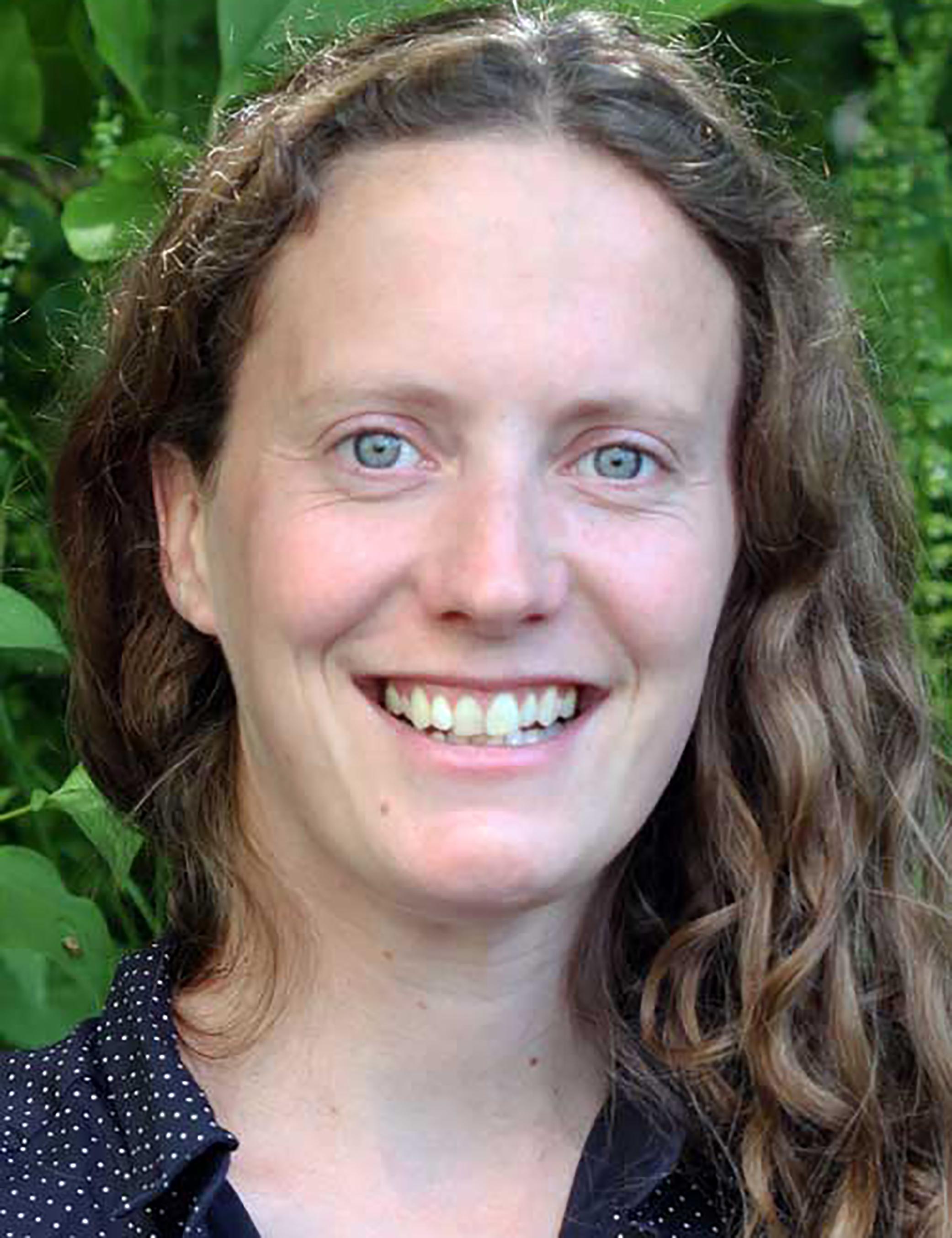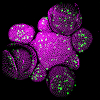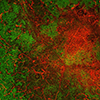
Dr Sarah Robinson has joined the SLCU research leadership team and will head a new research group focused on investigating the mechanical properties of plants associated with growth.
Dr Robinson, who has been appointed as a Career Development Fellow, brings with her an interdisciplinary approach incorporating biomechanics, modelling and genomics to study how growth, cell division and differentiation are coordinated in plants.
“I am fascinated by the process of development. My initial research focused on how developmental patterning occurs in a growing tissue, focusing on stomata in Arabidopsis, and this fuelled my interest in the process of growth itself,” Dr Robinson said.
“In my most recent position as an EMBO long term fellow at the University of Bern in Switzerland, I investigated growth from a mechanical point of view. Here I combined my excitement for mechanics with my existing passion for time-lapse-microscopy in order to develop and new method of measuring mechanical properties while imaging them. I was fortunate to work with a great team of people who turned this vision into a reality. Using this method we were able to measure mechanical properties with cellular resolution.”
This novel method, named the ACME (Automated confocal micro-extensometer) robotic system, was developed by Dr Robinson to measure the mechanical properties that accompany plant growth by combining confocal imaging and mechanical manipulations (Robinson 2017 et al).
“I have used the ACME system to measure the changes in the mechanical properties of the individual cells of the developing hypocotyl in an Arabidopsis seedlings and demonstrated that mechanical stress alters development via reorientation of microtubules.
“My research group will continue to use the method to investigate other questions related to plant development, and I hope other labs will also find it useful. ACME is available to the research community to build themselves, and includes the 3D printing plans needed to create the hardware, the custom software that controls the hardware and interprets the measurements, and a detailed user guide.”
Dr Robinson will use ACME to investigate the impact of new cell walls on the properties of the developing tissue.
“How cell division impacts cell expansion has been a subject of controversy for decades and has not yet been solved by either molecular or genetic approaches. We know that the mechanical properties of the cell wall and their spatial variation are the key factors controlling morphogenesis in plants. However, these properties are difficult to measure and investigating their relation to genetic regulation is particularly challenging. ACME will enable us to collect simultaneous images to measure responses to mechanical stress and tissue health continuously and in real time.”
Read more about Dr Robinson and the Robinson Research Group.
Q&A with SLCU’s newest Group Leader, Dr Sarah Robinson
What inspired you to pursue a career in plant sciences?
I loved the plant science lectures I had as an undergraduate here in Cambridge.
Why is plant science important for society as a whole?
Plants provide our food, fuel, and materials. They are also a great tool for answering some tricky fundamental questions that can provide answers about other kingdoms.
What excites you the most about your research?
I love not knowing what I will discover next. It is thrilling to see something that no one has seen before.
What are some of the biggest challenges in your research?
It can be difficult to make sure you are measuring something in a way that does not alter the system too much. I spent a long time trying to find ways of performing mechanical measurements that did not damage the plant.
What are some of the tools, apps or websites that you visit/use every day?
I use twitter a lot to keep track of publications and the science news (@RobinsonSci)





